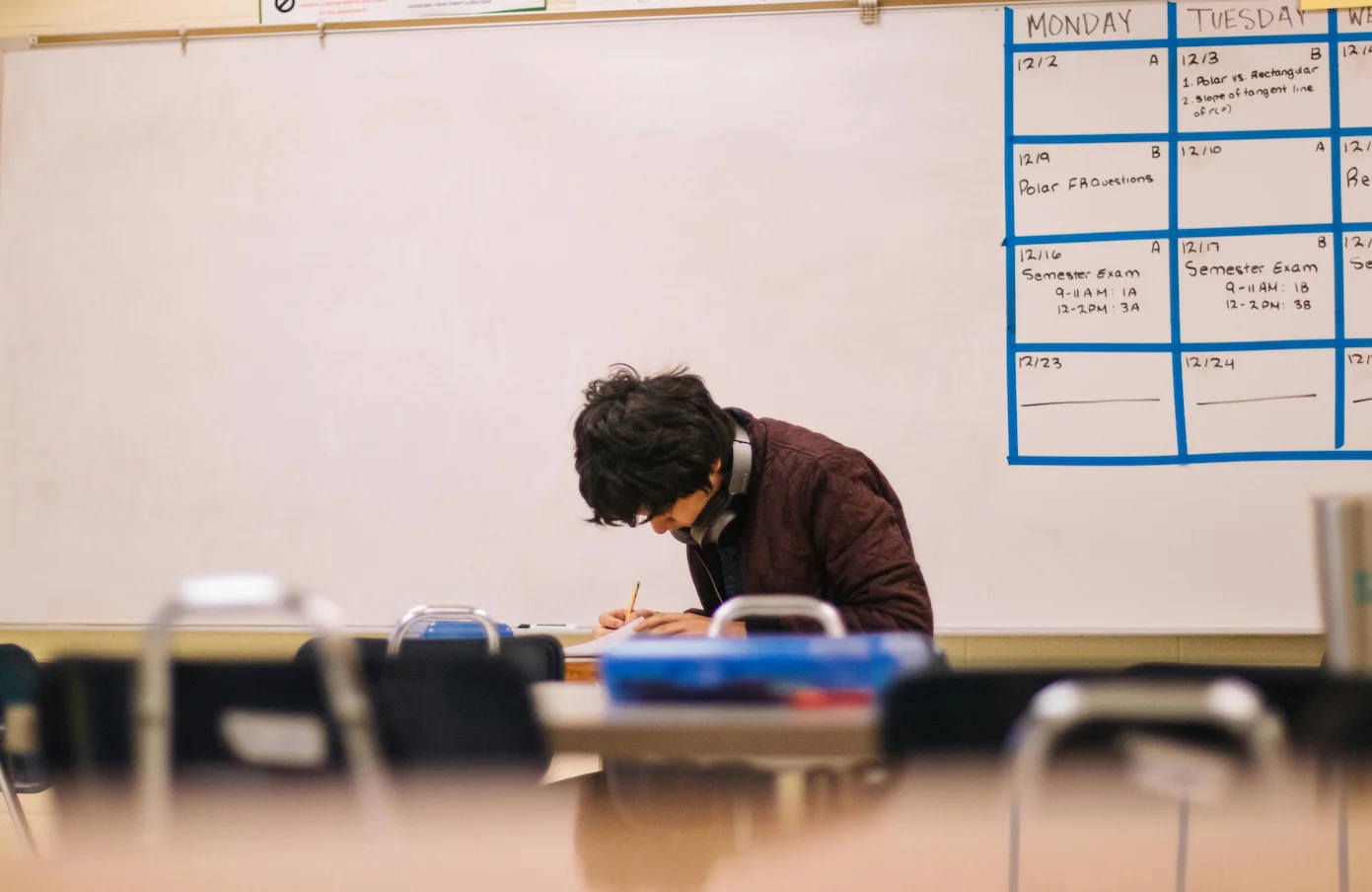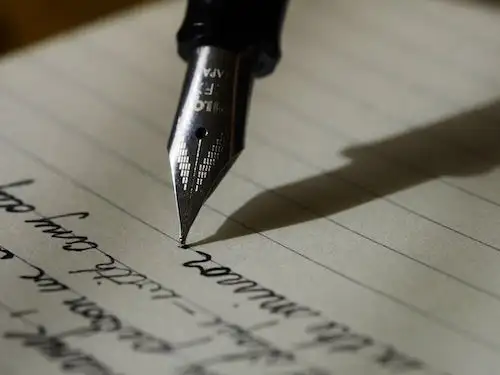IB History is a very intense course with loads of material to study, so having a good revision strategy is vital for the exams. Here are some things you can do to maximise your study time.
Take notes in class & study in advance
You simply cannot cram the entire History course the night before the exam. You should begin to revise well in advance – and if you study a bit throughout the two years, most facts should stick to your head by the time you need to revise for your final exams, saving you loads of study time. This also means that you should be taking notes in class or at home throughout the two years to make your revision easier. The last thing you want to do is have no notes or incomplete notes when you sit down for your revision.
Flashcards & Timelines
A great way to memorise all the dates and events is to make your own flashcards and timelines. Timelines are a better option since you can see what was happening at each point in time and how events progressed, which will allow you to analyse your topics in a more global context, making your understanding of history more elaborate. You might even notice connections between seemingly unrelated topics by seeing if they happened during similar time periods.
Essay Practice
Memorising dates won’t be enough to get a good mark in History. Your essay skills need to be perfect for Paper 2 (and Paper 3 if you are doing HL). There are three main things you can do to improve your essay-writing skills:
- Outlines
You don’t really need to write a million essays to practice (although it’s a good idea to do a couple timed essays before the exam to practice time management). Writing down outlines of your answer will help you organise your work, structure your arguments and bring in all the relevant evidence you need in each paragraph. This will help you improve your structure, which is vital for essays, and will also help to recall dates and events.
- Critical thinking
IB History essays are argumentative essays, meaning that you need to have a viewpoint on an issue, analyse and evaluate it. Do not spend too much time describing events. Focus on why your evidence supports your claim – but also think of its limitations and possible counterarguments. You need to be critical of your work if you want to achieve a 7. Purely descriptive essays will not score high. - Break down the question
You should always divide the question into three sections: what it wants you to do (e.g. evaluate), the issue at hand (e.g. rise to power) and the subject (e.g. Lenin). It will make the question easier to understand and you will be able to give an answer which is well-focused on the question.
Sporadic source practice
Paper 1 is fully based on your ability to analyse sources, so you should take some time throughout the course to check out different sources – from book extracts to cartoons and propaganda. You can analyse the message of a source or compare and contrast it to another one in a relatively short amount of time, and doing this sort of quick practice will certainly boost your source-analysis skills. Obviously, do a proper Paper 1 practice too when the time of the exam comes nearer.
All in all, if you put in the work, you will be fine. Good luck with your exams!



